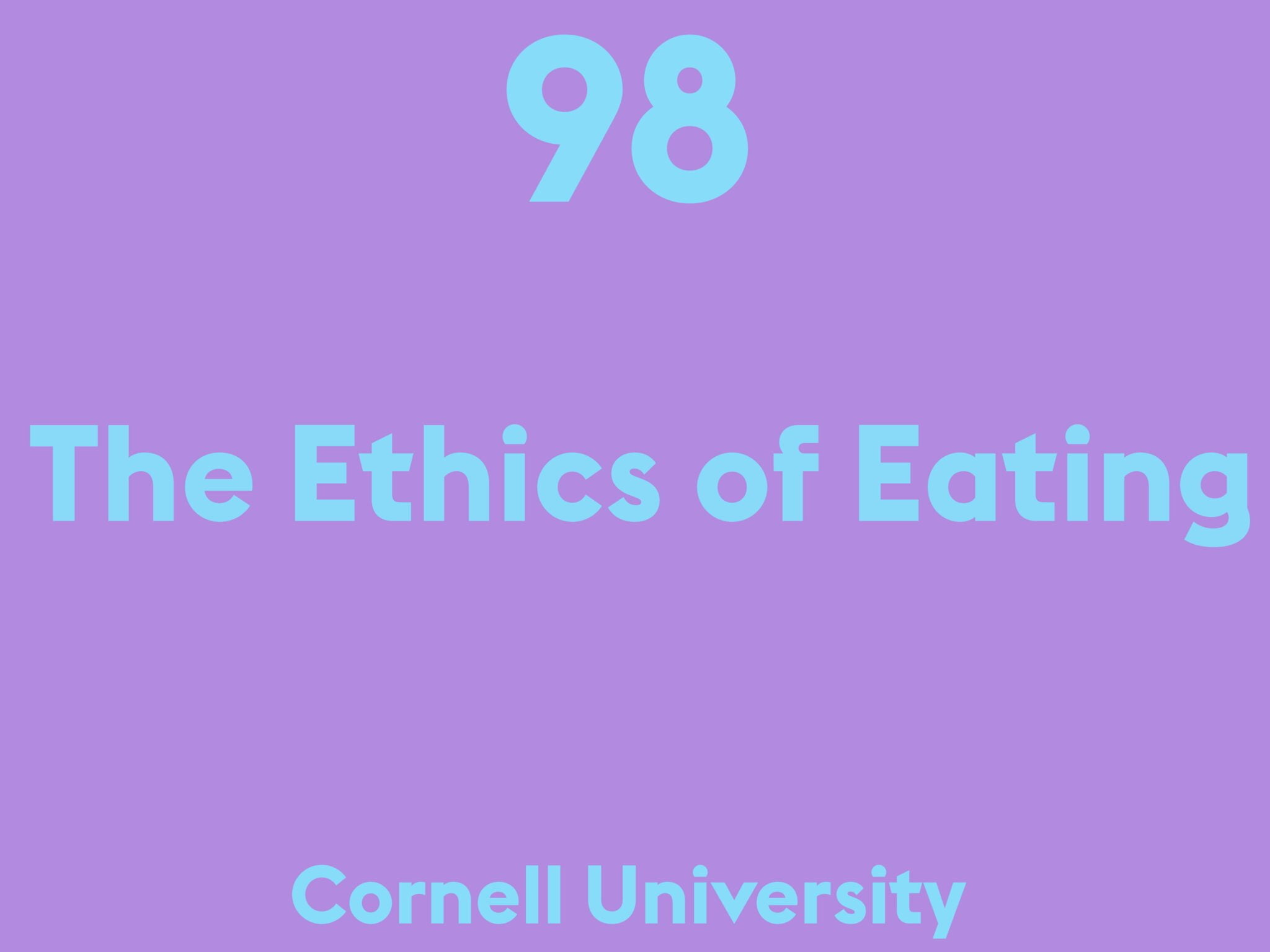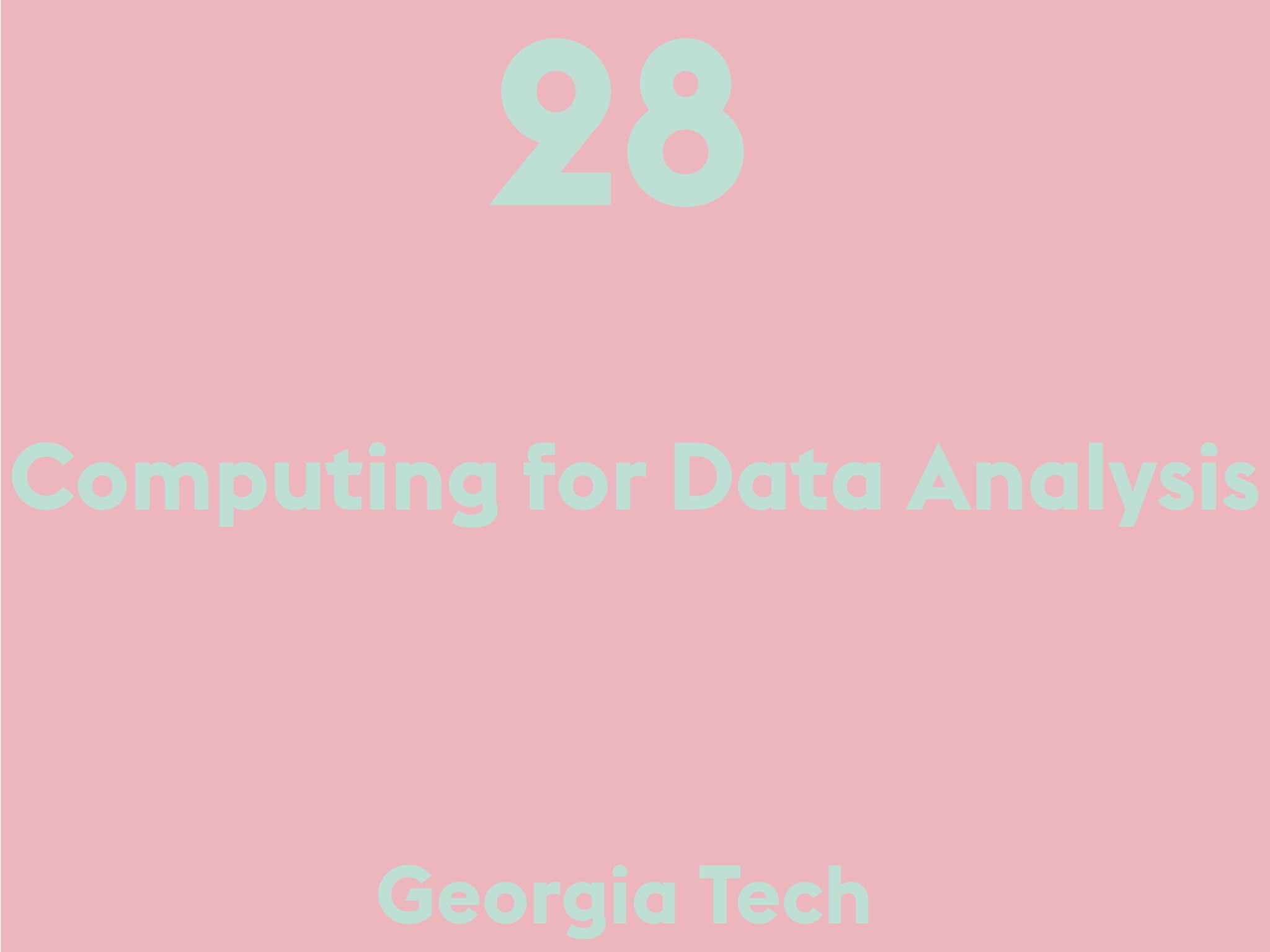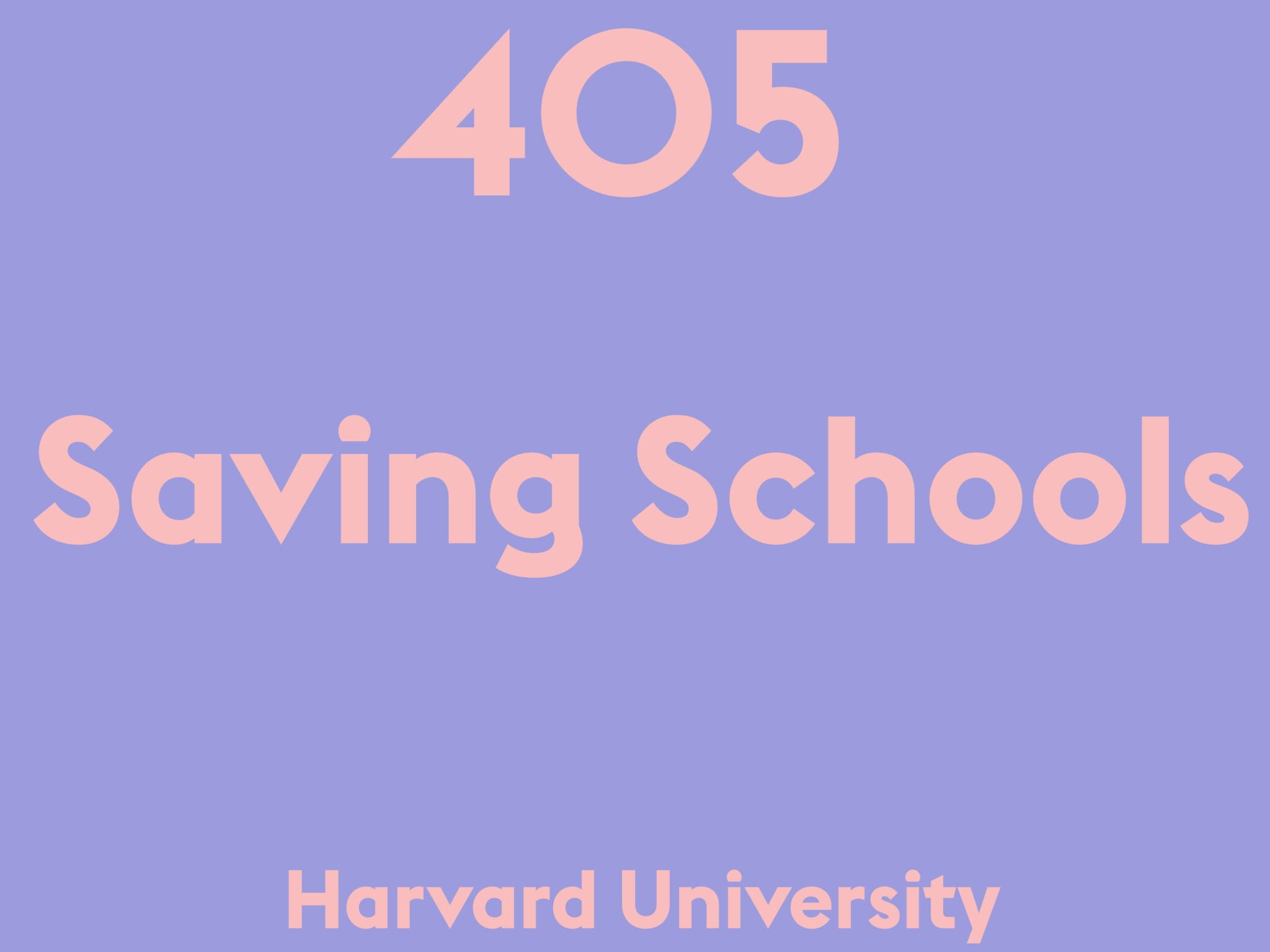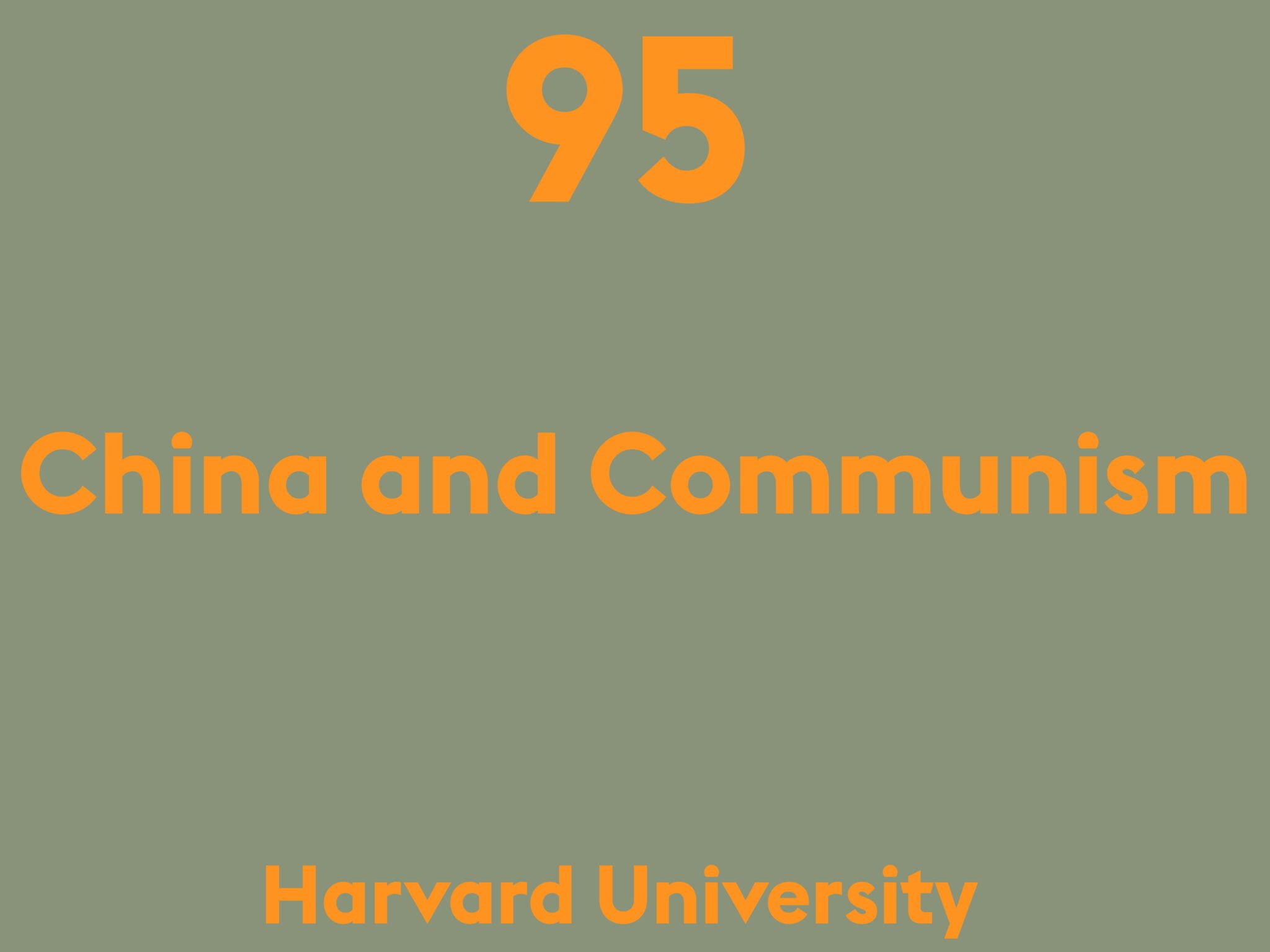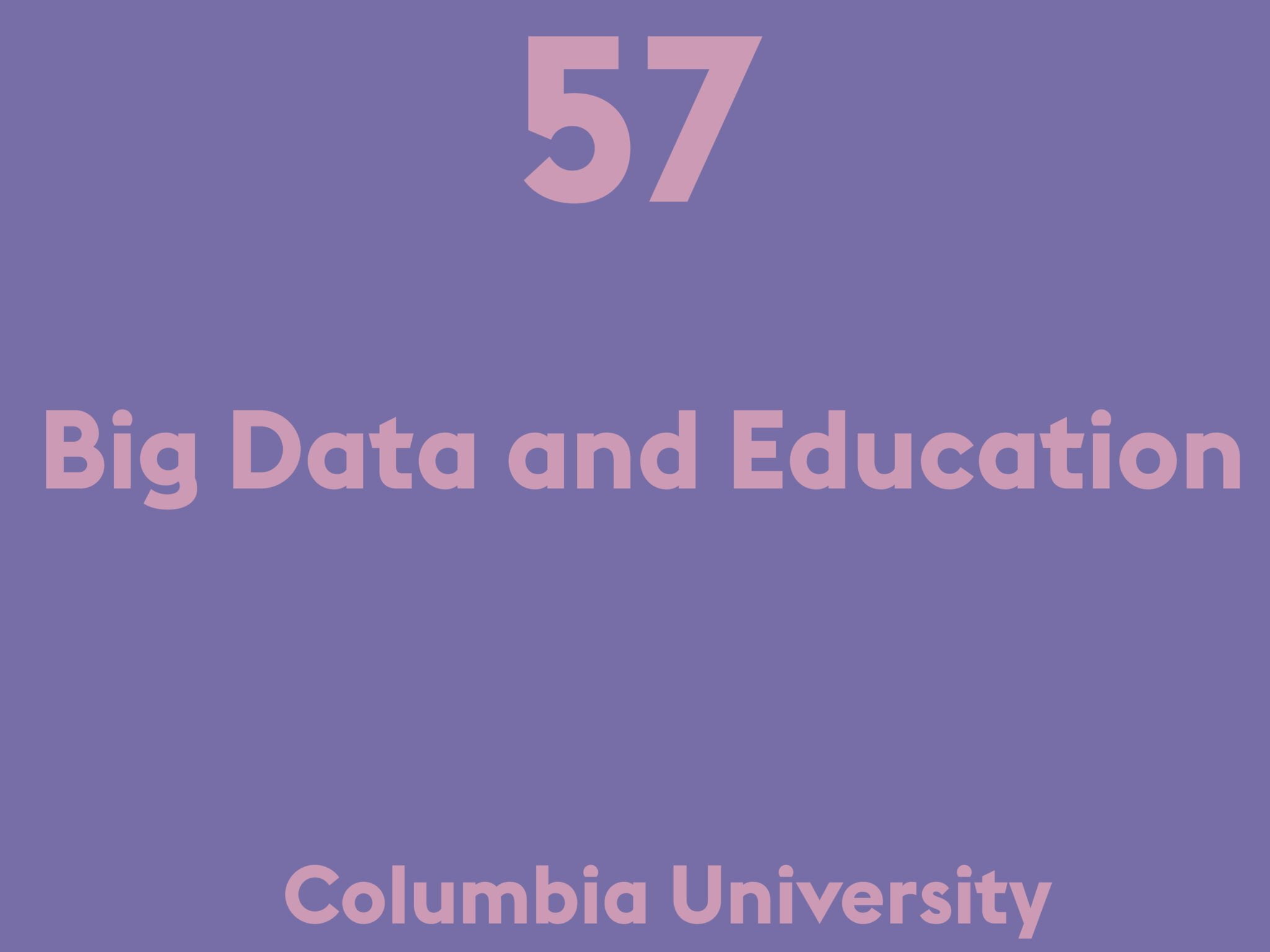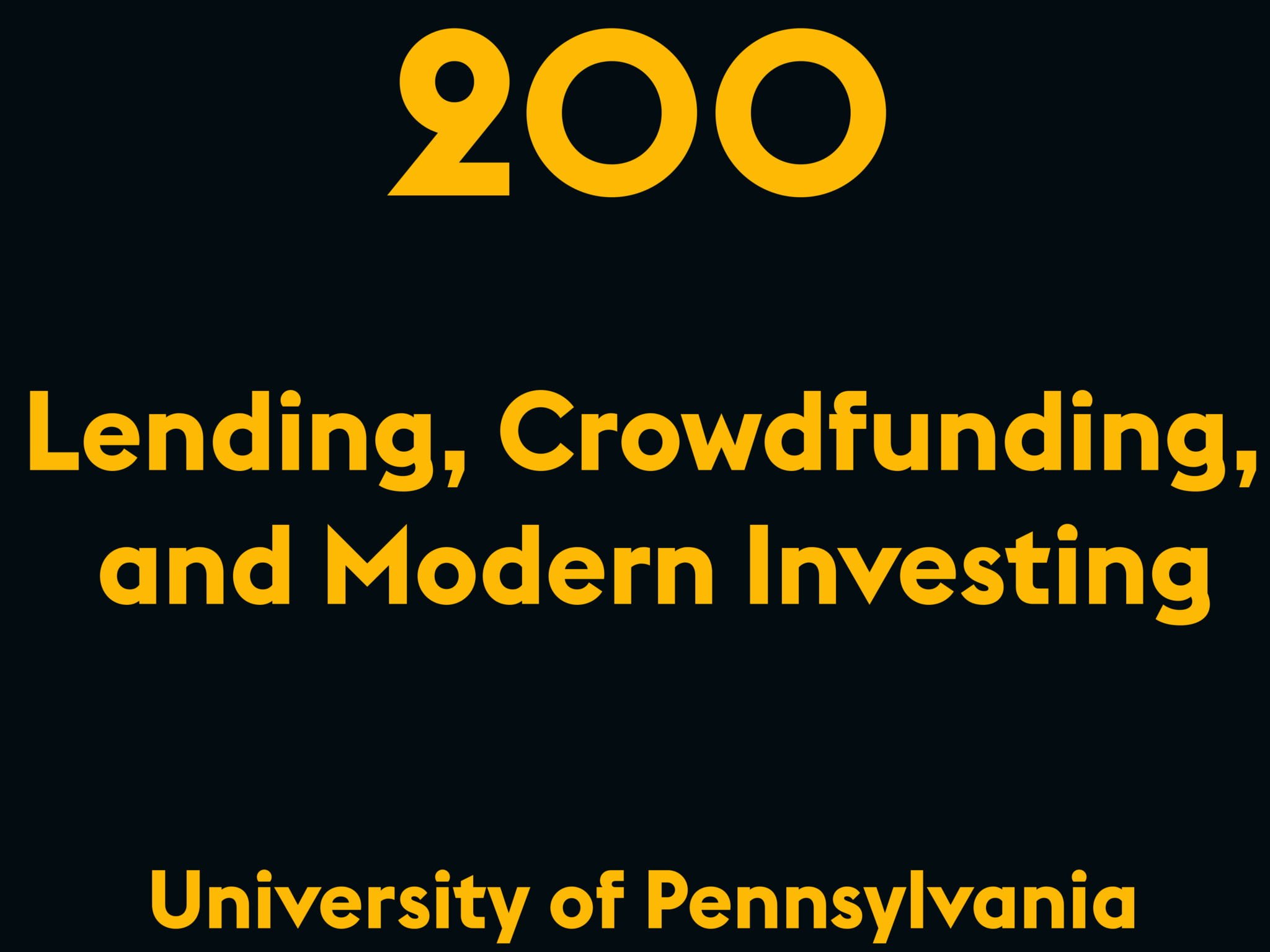You face a difficult moral decision every time you decide what to eat. What impact should animal rights have on your decision? Is the suffering involved in meat, egg and dairy production bad enough that you should go vegan? How do your food choices affect the economy and the environment? Should you become a locavore? Should you eat only sustainably produced, “farm to table” food? Or is factory-farmed food more efficient and ultimately better for the environment?
We also face difficult food-related questions at the political-social level. Should states restrict their citizens’ food choices so as to encourage healthy eating? Should governments grant patents on genetically modified crops? And how do we, as a society, implement effective food policies for a rapidly expanding world population?
This class will provide the tools required to reflect clearly and effectively on these challenging questions.
Our goal is to provide a working understanding of some leading ethical theories as well as the central empirical issues related to food production, distribution and consumption. Along the way, students will hear from a variety of scientists, philosophers, activists, and industry participants:
Carol Adams, author of The Sexual Politics of Meat
T. Colin Campbell, Cornell nutritionist and author of The China Study
Mark Bittman, cookbook author and New York Times food writer
Marion Nestle, nutritionist and author of Food Politics
Joe Regenstein, Cornell food scientist and director of the Kosher-Halal Food Initiative
Joel Salatin, alternative farming advocate and author of 9 books
Bryant Terry, award-winning chef, author of Vegan Soul Kitchen
Brian Wansink, Cornell food and brand psychologist, author of Mindless Eating

